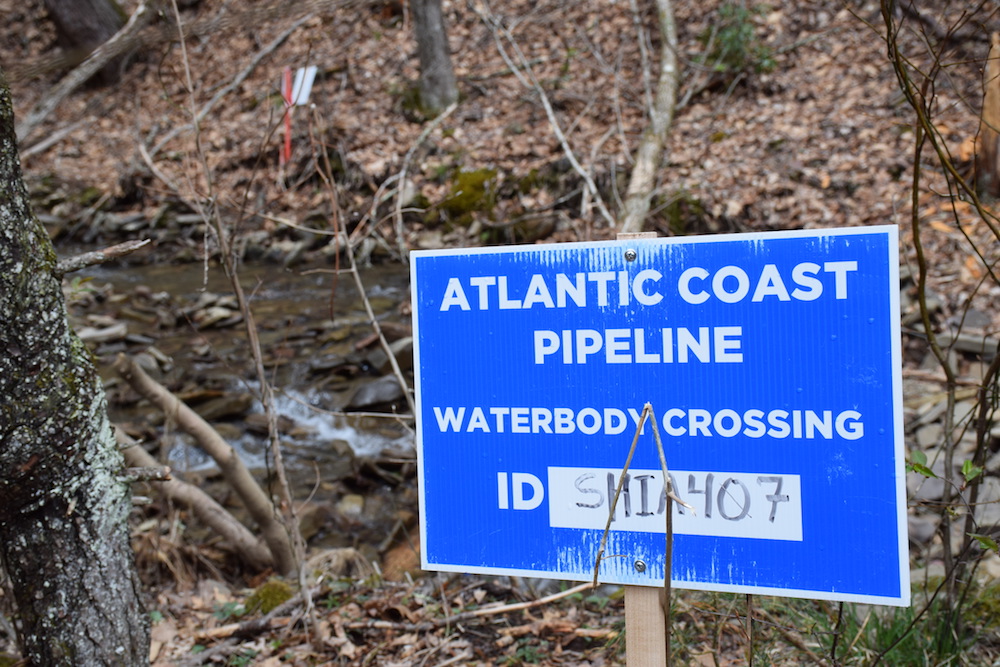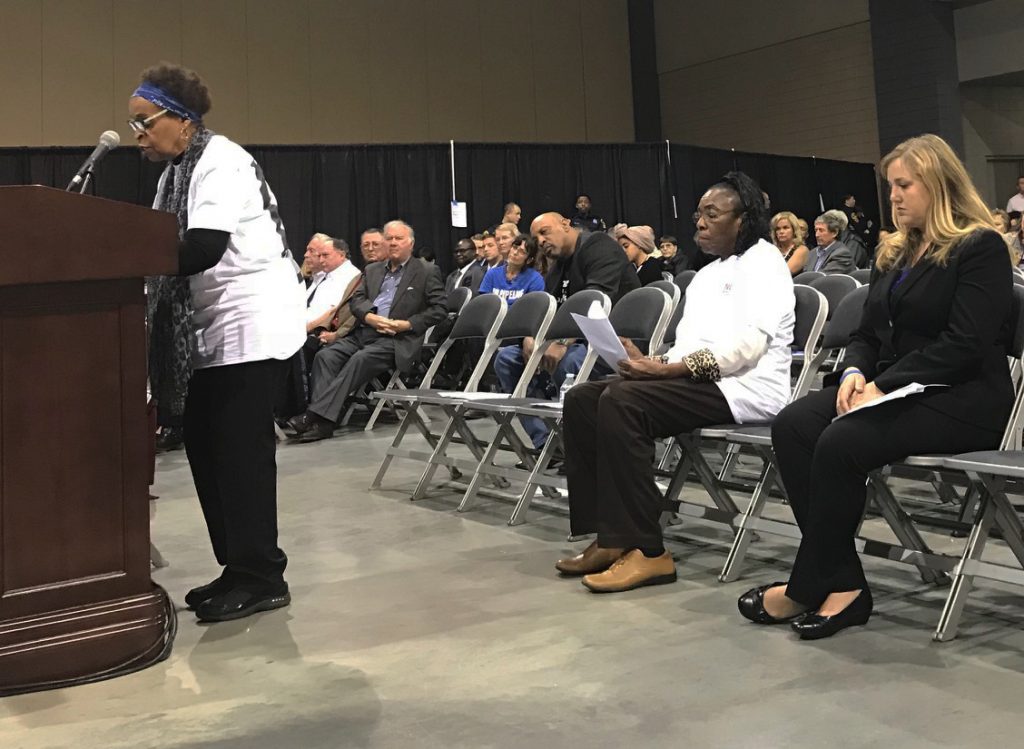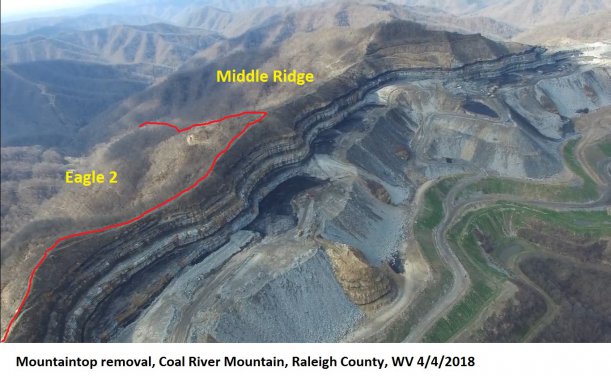Cleaning Up Coal Ash
For well over a century, power plants across the country have burned coal to generate electricity. And for just as long, leftover coal ash has been dumped in open, unlined pits near the power plant, usually located on a river or lake. Every year, U.S. power plants produce 130 million tons of coal ash, which is the second largest waste stream in the country after municipal garbage.
Coal ash concentrates the toxic heavy metals found in coal, including arsenic, mercury, lead and selenium. Stored in unlined, wet impoundments, coal ash has been leaking these toxics into our groundwater and surface waters for years. Sometimes these impoundments collapse — with disastrous results.
Yet government regulations for coal ash management are either non-existent or sparse, and there is little enforcement of the regulations that do exist. In North Carolina, this lack of oversight — and the complicity between state regulators, elected officials and Duke Energy — came to a boiling point in February 2014 when one of Duke’s coal ash impoundments spilled 39 million tons of ash into the Dan River.
Citizens living near North Carolina’s 33 coal ash impoundments — all of which have leaked — have fought for transparency from Duke and the state, and for cleanup of the pollution that threatens their property value, health and family. Their actions forced this issue into the headlines of news networks and to the forefront of environmental justice conversations in the United States.
Appalachian Voices stood with these communities as we worked for years to compel Duke Energy and the N.C. Department of Environmental Quality to excavate coal ash from all the North Carolina sites and dispose of it either in lined, dry landfills, away from waterways, or by recycling it for concrete or other uses, provided it’s done in a manner that protects public health and the environment.
On Jan. 2, 2020, North Carolina announced a historic settlement with one of the state’s most powerful corporations and polluters, Duke Energy. The settlement requires Duke to move nearly 80 million tons of toxic coal ash at six of its power plants to properly lined landfills onsite or recycle it.

Learn information about specific coal ash impoundments in the South, including health threats and safety ratings:
Additional Resources
Fact sheets, videos, links to academic research, and more
Sign Up to Act
Help us protect the health of our communities and waterways.
Latest News
Army Corps suspends stream crossing permit for entire Atlantic Coast Pipeline
An essential permit for the Atlantic Coast Pipeline was suspended on Wednesday, effectively shutting down work at more than 1,500 stream and wetland crossings along the fracked gas line’s 600-mile route.
Corps suspends stream-crossing permit for entire length of Atlantic Coast Pipeline
The Army Corps of Engineers late yesterday suspended…
Gov. Northam dismisses regulators who expressed concerns about pipelines
In shocking move, Virginia Governor Ralph Northam dismissed three regulators from state permitting boards who had expressed concerns about the Mountain Valley and Atlantic Coast pipelines.
Blue Ridge Energy’s solar policies among the worst in Southeast
A new report shows that Blue Ride Energy has some of the worst solar policies in the Southeast. That’s why we created a petition calling on Blue Ridge to support solar access and increase the cooperative’s transparency with its member-owners.
Expired mining permit poses risks to Coal River Mountain and surrounding communities
Contact: Sumer Shaikh, sumer.shaikh@sierraclub.org Erin Savage, erin@appvoices.org, 206-769-8286…
Appalachian Voices calls on Gov. Northam to respect citizen boards and environmental justice
Today it became public knowledge that Governor Northam…










